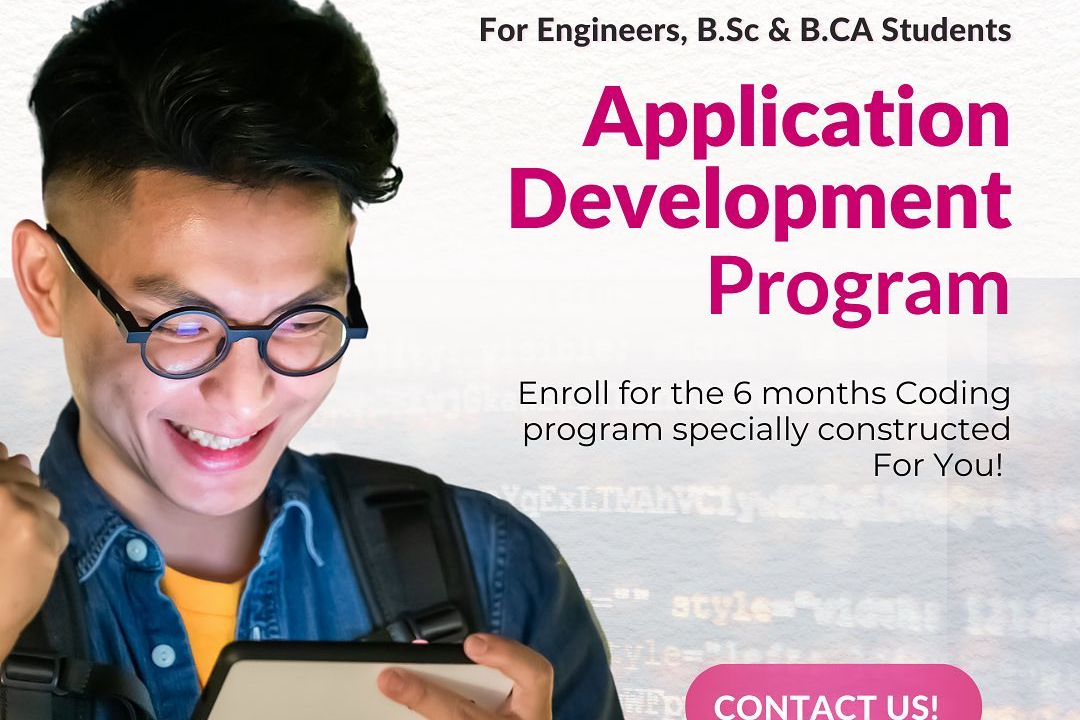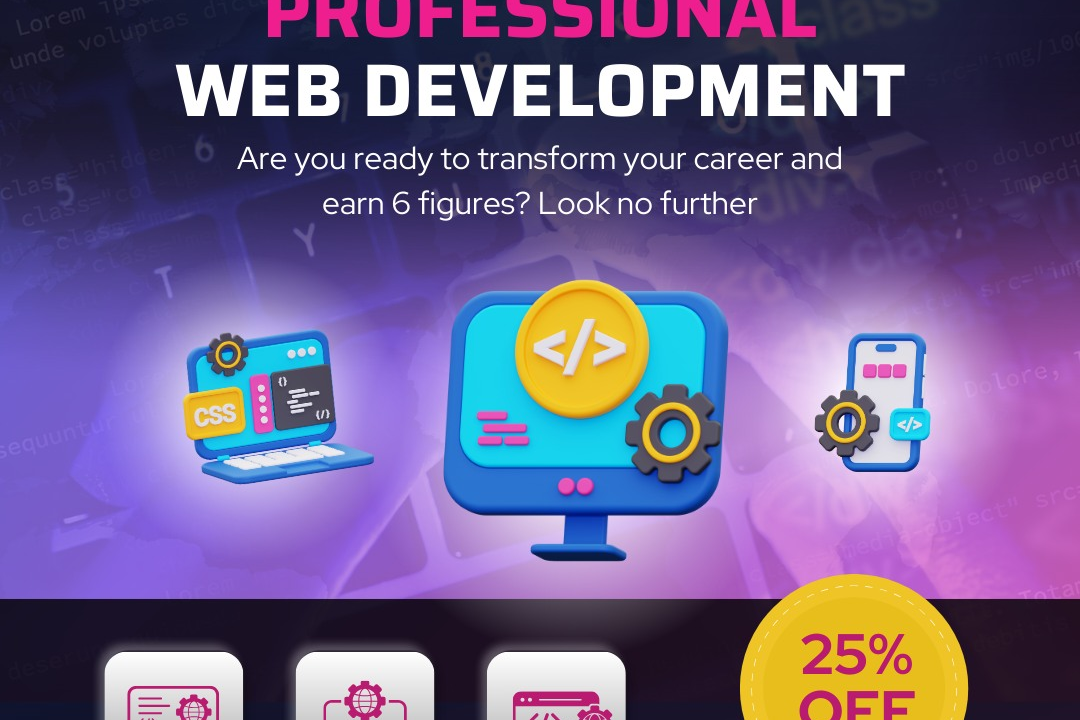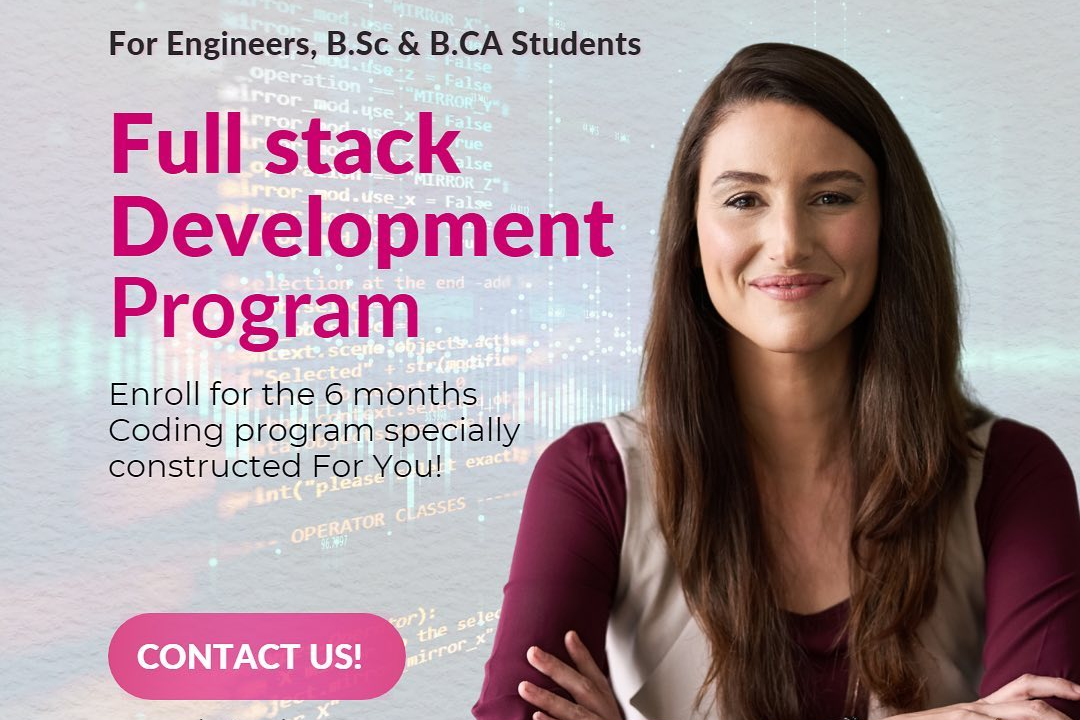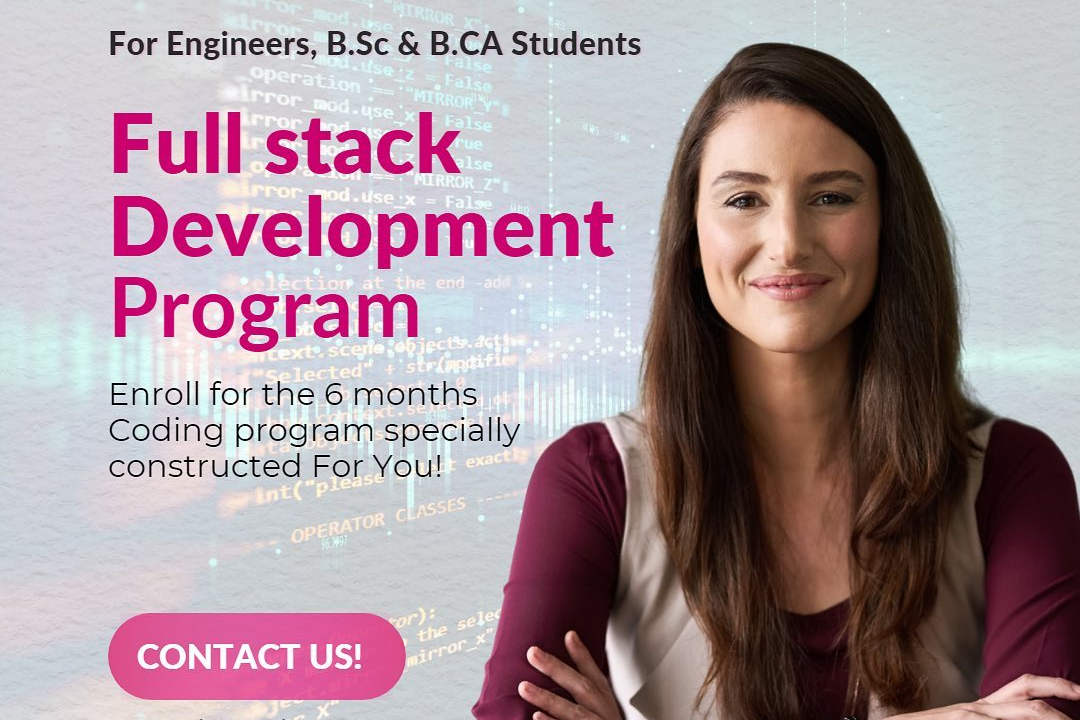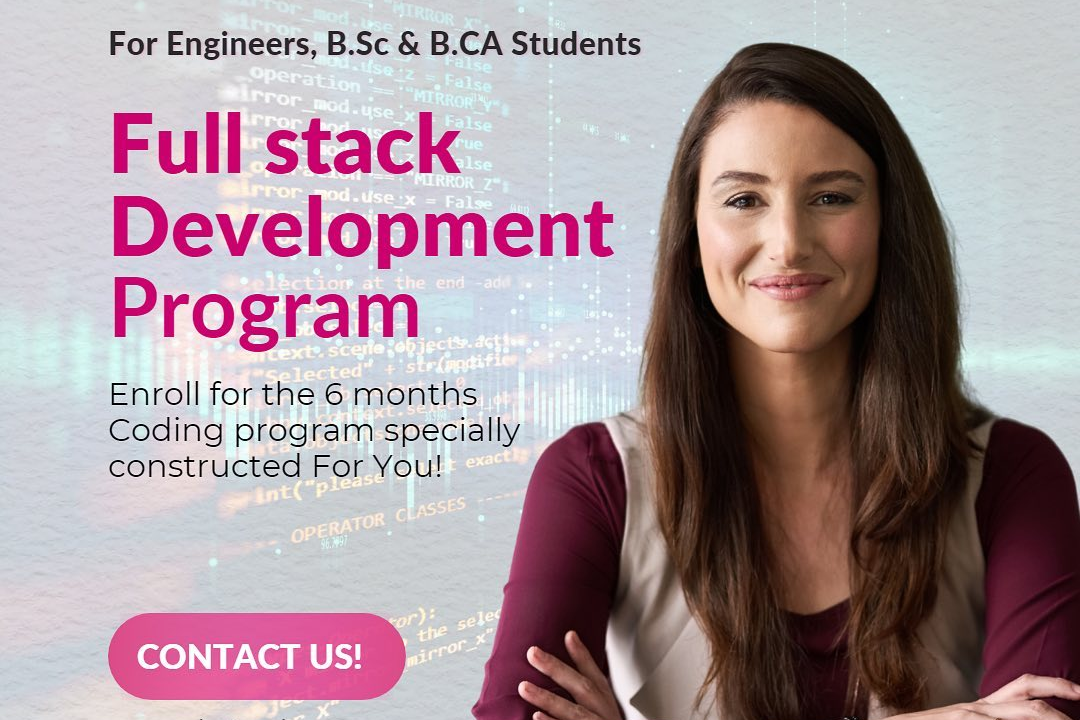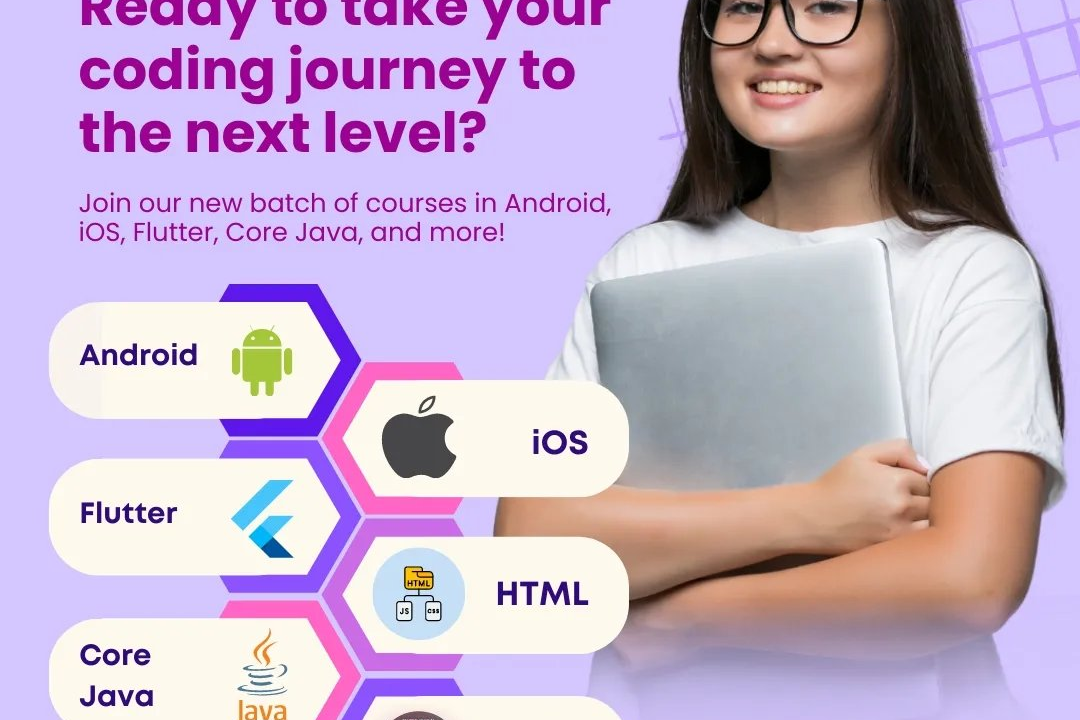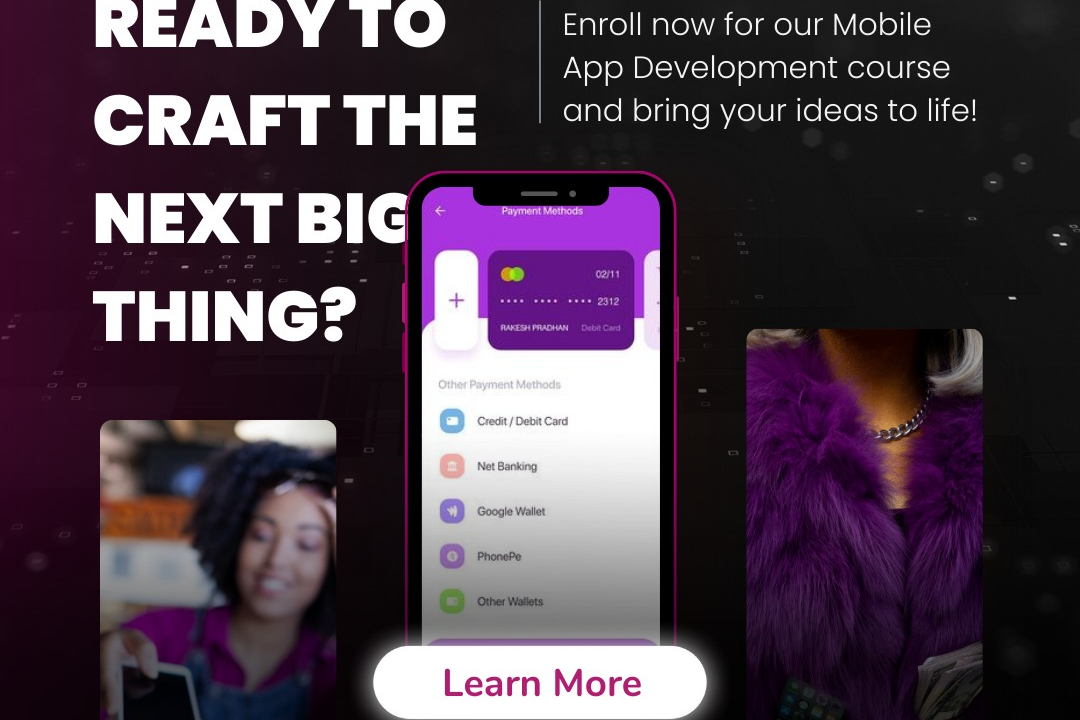Android Training Dhone
Mastering Android Development with Dhone
Android Training Dhone
Android training typically involves a comprehensive curriculum designed to equip individuals with the skills necessary to develop applications for the Android operating system. Training sessions cover fundamental concepts such as Java or Kotlin programming languages, Android SDK, user interface design, data storage, and app lifecycle management. Participants engage in hands-on projects to build real-world applications, enhancing their understanding of best practices in mobile development. Additionally, the training often focuses on leveraging Android's various features, such as APIs and libraries, to create functional and user-friendly apps. Overall, Android training helps aspiring developers gain the technical proficiency and practical experience needed to succeed in the fast-paced mobile app development industry.
To Download Our Brochure: https://www.justacademy.co/download-brochure-for-free
Message us for more information: +91 9987184296
1 -:
- Introduction to Android: Overview of the Android operating system, its architecture, and major components, including the Android SDK and Android Studio.
- 2) Setting Up the Development Environment: Guidance on installing Android Studio, the Android SDK, and setting up emulators and physical devices for testing applications.
- 3) Understanding Android Components: Introduction to major Android components such as Activities, Fragments, Services, Broadcast Receivers, and Content Providers.
- 4) User Interface Design: Basics of designing user interfaces using XML and understanding Views, Layouts, and the different UI components available in Android.
- 5) Working with Activities and Fragments: In depth training on how to create and manage Activities and Fragments, including navigation and lifecycle management.
- 6) Intents and Broadcast Receivers: Explanation of Intents for communication between components and how to use Broadcast Receivers for responding to system wide broadcast announcements.
- 7) Data Persistence: Introduction to data storage options in Android, including Shared Preferences, SQLite databases, and Room database for data persistence.
- 8) Networking in Android: Understanding how to work with RESTful APIs using libraries like Retrofit, and handling network requests and responses.
- 9) Multimedia Integration: Training on how to integrate multimedia files, such as images, audio, and video, including using camera and gallery functionalities.
- 10) Working with Sensors: Introduction to various Android device sensors and how to access and use them, such as GPS, accelerometer, and gyroscope.
- 11) Background Services and Workers: Explanation of background processing in Android, including using Services and WorkManager for tasks that run in the background.
- 12) Material Design Principles: Overview of Material Design guidelines and how to implement them in Android apps for a better user experience.
- 13) Debugging and Testing: Techniques to debug Android applications and best practices for writing unit and instrumented tests, using tools like JUnit and Espresso.
- 14) Publishing an Android App: Step by step guide on how to prepare and publish an Android app on the Google Play Store, including signing the app and meeting store requirements.
- 15) Version Control with Git: Introduction to version control systems, focusing on Git, and how to use platforms like GitHub for source code management.
- 16) Best Practices in Android Development: Discussion of coding standards, design patterns (like MVC and MVVM), and performance optimization techniques to improve app quality.
- 17) Integrating with Firebase: Overview of Firebase services, including Authentication, Firestore, and Cloud Messaging for real time data and notifications.
- 18) Capstone Project: A final project where students can apply what they’ve learned to build a complete Android application, encouraging practical experience and collaboration.
- 19) Career Guidance and Resume Building: Workshops on career opportunities in Android development, resume writing tips, and preparing for technical interviews.
- 20) Continuous Learning Resources: Providing students with resources for continued learning, including online courses, documentation, and communities for Android developers.
- This structured training program can effectively equip students with the knowledge and skills they need to become proficient Android developers.
Browse our course links : https://www.justacademy.co/all-courses
To Join our FREE DEMO Session: Click Here
Contact Us for more info:
- Message us on Whatsapp: +91 9987184296
- Email id: info@justacademy.co

